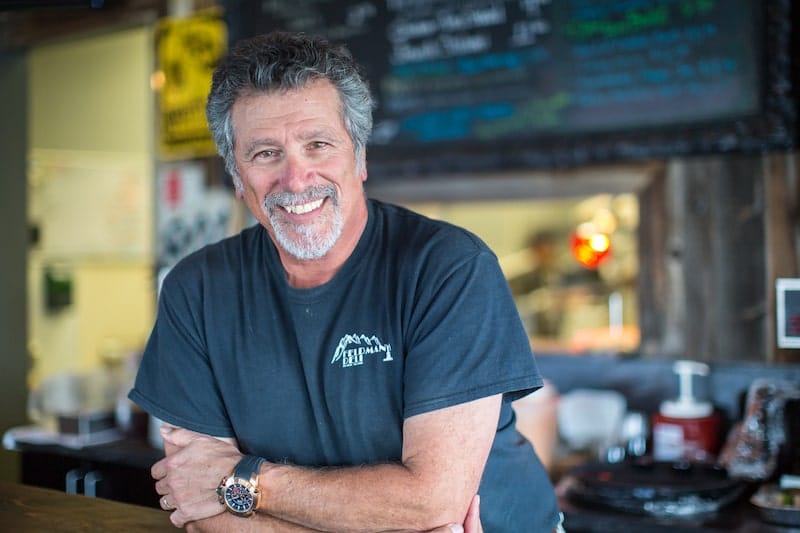2022 was a difficult year for small and local business owners. While still recovering from the trials that came with a global pandemic, many businesses were faced with significant economic pressures and staffing issues in 2022.
Many Utah cities were undergoing new infrastructure and building plans. The cost of supplies, shipping and rent increased drastically. Supply chain difficulties became widespread and difficult to operate with. All the while, businesses were doing their best to keep up, while still trying to rebuild.

At the end of 2022, Big O Doughnuts, a community favorite doughnut shop in Salt Lake City since 2015, announced they would be closing in January of 2023. Ally Curzon, founder and manager at Big O Doughnuts, says “Prices have skyrocketed, in 2022 in particular. We have a handmade, labor-intensive product with a one-day shelf life.”
The issue is not exclusive to Big O Doughnuts, however. While some reports show inflation began cooling down in December of 2022, it exceeded 7.5% prior to December, according to Forbes. High inflation rates impact everyone involved in small business, from the owners’ abilities to purchase supplies and pay employees, to the employees’ needs for higher wages to keep up with the cost of living.
Feldman’s Deli, which opened in 2012, felt the ripple of the economic wave, according to owner Michael Feldman. He says that 2022 was “better than 2020 and 2021, as we started coming out of the big challenges of COVID ― staffing, inflation, customer habits changing, [and] government restrictions.” Nonetheless, Feldman says that supply chain difficulties and prices of products were a new beast to tackle.
“Inflation on all of our supplies and shipping was the worst we’ve ever dealt with ― meat, poultry, eggs, wheat products and produce all increased a lot. Shipping from New York doubled.” This, tied up with record-breaking fuel costs, made the delivery of goods an issue all over the country.
Feldman calls 2022 a “rebound year.” Adjusting to new challenges, restrictions and customer habits is something small and local businesses have gotten pretty good at over the last three years.
“Customers pulled back in early 2020, but our takeout business took off. More folks wanted to eat outside,” he explains.
With more consumers shopping online, and predictions that the preference of takeout will continue to be the norm, companies with in-store and sit-down models are likely to have to continue operating in new ways in order to keep up with shopping trends.
Still, keeping up with the new ways of the world is much more difficult without a workforce to do it. “Shipping and construction industries picked off many of our kitchen staff,” says Feldman. “In 2022 we finally got back to full staff.”
Numbers of people quitting jobs, unfilled job openings and people classified as “job-seekers” reached a peak in 2022. The Great Resignation, named by Professor Anthony Klotz, was widespread. This inspired many businesses to focus on employee retention strategies, raised pay and new hiring models.
Inflation makes it more difficult for employers to raise employee pay and simultaneously makes employees more in-need of a pay raise. This catch can be difficult to navigate, but as with other 2022 difficulties, more businesses than ever have come up with creative plans to continue operations successfully.
“We had to eventually raise pricing, but our volume returned and most customers understood,” Feldman says.
With many factors at play, 2022 was a difficult year, but there is hope for improvement in 2023. As some things will return to their pre-pandemic state, others will be changed forever, but public support plays a big role in small businesses success.
Curzon gives a closing message to the public: “Support small, local businesses. They are all struggling and need the public’s support to continue.”






